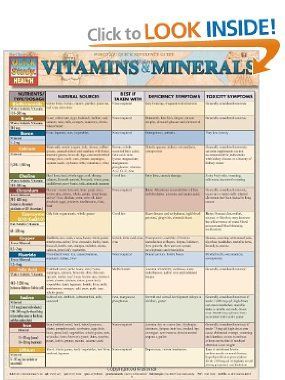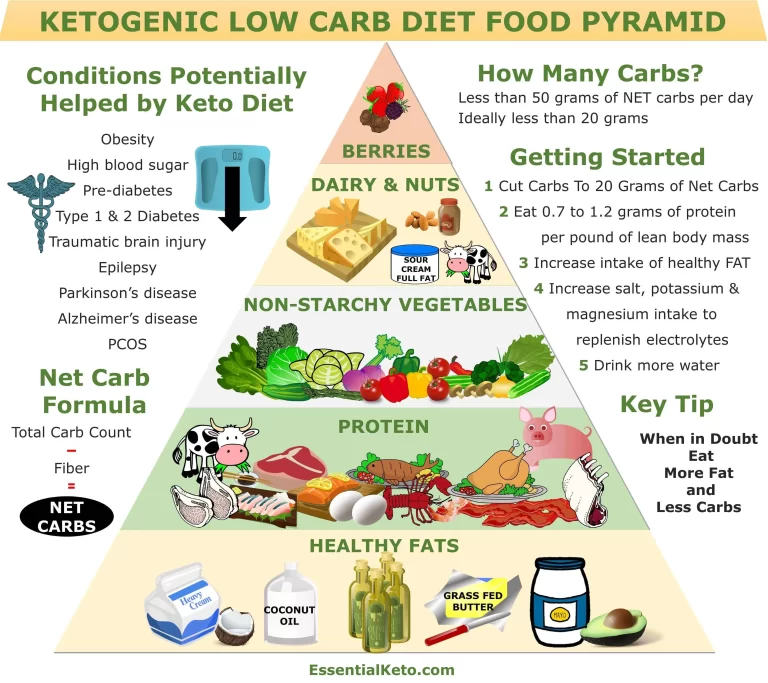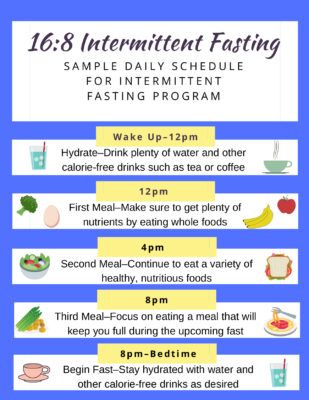Vitamins and minerals play a crucial role in maintaining our overall health and well-being. They are essential nutrients that our bodies need in small amounts to function properly. In this comprehensive guide, we will explore the important role of vitamins and minerals, their sources, and the recommended daily intakes.
What are Vitamins?
Vitamins are organic compounds that are necessary for various bodily functions. They act as catalysts in biochemical reactions and are essential for growth, development, and overall health. There are 13 vitamins classified into two categories: fat-soluble vitamins (A, D, E, and K) and water-soluble vitamins (B-complex and vitamin C).
Fat-Soluble Vitamins
Fat-soluble vitamins can be stored within the body’s fatty tissues and liver. They are primarily obtained through dietary sources or supplementation. Fat-soluble vitamins are crucial for maintaining healthy vision, bone health, immunity, and blood clotting.
Vitamin A
Vitamin A is essential for maintaining healthy vision, promoting cell growth, and supporting the immune system. It can be found in foods such as carrots, sweet potatoes, spinach, and eggs.
Vitamin D
Vitamin D is crucial for bone health as it helps the body absorb calcium. It is synthesized in the skin through exposure to sunlight and can also be obtained from fortified dairy products, fish, and egg yolks.
Vitamin E
Vitamin E is known for its antioxidant properties, protecting cells from damage caused by free radicals. It can be found in nuts, seeds, vegetable oils, and certain leafy greens.
Vitamin K
Vitamin K plays a vital role in blood clotting and bone metabolism. It is found in leafy green vegetables, broccoli, and soybean oil.
Water-Soluble Vitamins
Unlike fat-soluble vitamins, water-soluble vitamins are not stored in the body and need to be consumed regularly. They are easily absorbed and excreted through urine. Water-soluble vitamins play a crucial role in energy production, metabolism, and maintaining healthy skin and hair.
Vitamin B-Complex
Vitamin B-complex includes several vitamins: B1 (thiamine), B2 (riboflavin), B3 (niacin), B5 (pantothenic acid), B6 (pyridoxine), B7 (biotin), B9 (folic acid), and B12 (cobalamin). These vitamins are essential for the proper functioning of the nervous system, metabolism, and the production of red blood cells. Good sources of B-complex vitamins include meat, fish, whole grains, and leafy greens.
Vitamin C
Vitamin C is a powerful antioxidant that helps protect against immune system deficiencies, cardiovascular diseases, and prenatal health problems. It can be found abundantly in citrus fruits, berries, peppers, and leafy greens.
What are Minerals?
Minerals are inorganic substances that are essential for various bodily functions. They play a vital role in maintaining proper cell function, fluid balance, and nerve transmission. Major minerals and trace minerals are the two categories of minerals.
Major Minerals
Major minerals, also known as macrominerals, are required in relatively larger amounts in our bodies. They include calcium, phosphorus, magnesium, sodium, potassium, and chloride. These minerals are essential for healthy bones, muscle function, nerve conduction, and regulating blood pressure.
Calcium
Calcium is essential for building and maintaining strong bones and teeth. It also plays a crucial role in muscle function, blood clotting, and nervous system health. Good sources of calcium include dairy products, leafy greens, tofu, and fortified cereals.
Phosphorus
Phosphorus is necessary for energy production, maintaining acid-base balance, and supporting bone and teeth health. It can be found in high protein foods such as meat, fish, eggs, and dairy products.
Magnesium
Magnesium is involved in more than 300 biochemical reactions in the body. It supports muscle and nerve function, regulates blood pressure, and contributes to a healthy immune system. Good sources of magnesium include nuts, seeds, legumes, and whole grains.
Trace Minerals
Trace minerals, also known as microminerals, are required in smaller amounts but are equally important for proper bodily functions. They include iron, zinc, copper, selenium, manganese, iodine, and chromium.
Iron
Iron is essential for the production of red blood cells and carrying oxygen throughout the body. Good sources of iron include red meat, poultry, fish, fortified cereals, and legumes.
Zinc
Zinc is crucial for immune function, wound healing, and DNA synthesis. It can be found in meat, shellfish, legumes, nuts, and seeds.
Copper
Copper plays a role in iron metabolism, collagen production, and the proper functioning of the immune system. It can be found in organ meats, shellfish, nuts, seeds, and whole grains.
Recommended Daily Intakes
The recommended daily intakes (RDIs) of vitamins and minerals vary based on factors such as age, sex, and specific needs. The RDIs provide a guideline to ensure optimal nutrition and prevent deficiencies or excess intake.
It is important to consult with a healthcare professional or registered dietitian to determine the specific RDIs for an individual based on their unique circumstances.
In Conclusion
Vitamins and minerals are essential nutrients that play vital roles in maintaining our overall health and well-being. They can be obtained through a balanced diet rich in a variety of fruits, vegetables, whole grains, lean proteins, and dairy products. Understanding the different vitamins and minerals, their sources, and recommended daily intakes can help us make informed choices for optimal nutrition and a healthy lifestyle.









